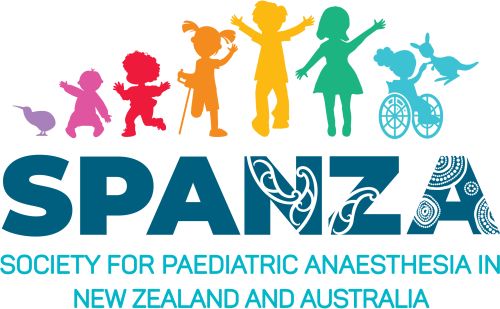Anesthesia and Sedation Exposure and Neurodevelopmental Outcomes in Infants Undergoing Congenital Cardiac Surgery
A Retrospective Cohort Study
Anesthesiology
Submitted December 2023 by Dr Rebecca McIntyre
Read by 1044 Journal Watch subscribers
The authors of this retrospective study hypothesized that greater exposure to sedation and anaesthesia in children undergoing complex cardiac surgery is associated with lower neurodevelopmental scores at 18 months. They found the use of ketamine was associated with lower neurodevelopmental scores.
This is a retrospective cohort study involving a secondary analysis of a patient cohort that had been recruited for a prospective observational study. The authors looked at the records of 41 single ventricle and 69 two ventricle patients who underwent surgery with cardiopulmonary bypass at Children’s Hospital of Philadelphia before 44 weeks post-conceptual age.
Total exposure – in the operating theatre and in ICU - to volatile anaesthetic agents, opioids, benzodiazepines, dexmedetomidine and ketamine was calculated. At 18 months all children underwent developmental evaluation using the Bayley Scale of Infant and Toddler Development 3rd edition (Bayley III).
Analysis of the data included adjusting for potentially confounding patient characteristics, including presence of a genetic anomaly, patient sex and race, birth weight, maternal education level, exposure to ECMO, first admission length of stay; all of which had an impact on Bayley III scores.
No statistically significant association was found between volatile anaesthetic exposure and Bayley III scores (in contrast to previous studies by Andropoulos and by Diaz which found associations between exposure to volatiles and worse neurodevelopmental outcomes). Opioid, benzodiazepine and dexmedetomidine exposure were not associated with lower Bayley III scores.
Ketamine exposure was associated with a reduction in Bayley III motor scores, after adjusting for confounders. Each mg/kg increase in ketamine exposure was associated with a 0.34 point decrease in Bayley III motor scores (95% CL = -0.64 to -0.05, p=0.0242)
It is also notable – though perhaps not surprising – that single ventricle patients and patients that required ECMO had lower neurodevelopmental scores at 18 months compared to two ventricle patients and those who did not require ECMO.
The authors conclude that ketamine use in these patients should be avoided, and that factors other than volatile anaesthetic exposure should be considered as more impactful to neurodevelopment in these patients.



